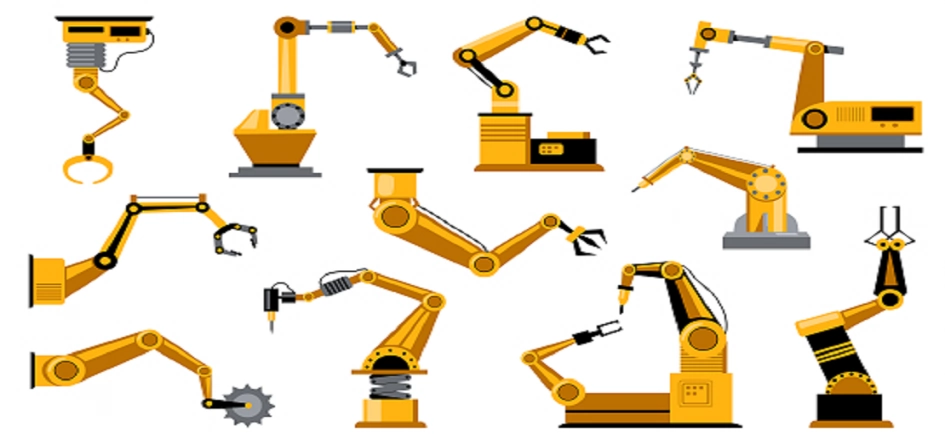

What does a customer expect from a brand? A meaningful experience with the brand, organization and technology is what creates an impact on the customer.
Marketing automation has made this experience possible through many channels. In today’s world, marketing automation platforms have increased customer engagement, retained customers, uplifted the return on investments on marketing and improved the Customer Lifetime Value (CLTV).
Marketing Automation has been extensively considered as a strategic tool for improving bottom-line growth, with over 70% of Indian marketers exclusively utilizing it to improve lead traffic and conversions.
The best possible approach to automation implementation would be starting with a simple rule-based, non-customer-facing, stand-alone process that helps the marketing/sales team make better decisions and boost the productivity of the team.
Best Approach To Follow For Successful Marketing Automation Implementation
Artificial Intelligence (AI) bring new trends in marketing automation. It has improved marketing campaigns and the preferred channels through which they are implemented.
Today, more than 79% of companies use marketing automation tools and the future predicts rise in the demand of automation tools for business growth
It is showing tremendous growth in recent times. This is established by the fact that the automation market size was $3.3 billion in 2019 and is forecasted to reach $6.4 billion by 2024.
However, having too many decision-makers involved in the implementation or undermining the post-implementation maintenance team for marketing automation tools can lead to its failure.
Technology has become a crucial element in the marketers’ strategies to give a customised experience to customers. Talking about 2021, the marketing automation industry is expected to grow SD 5.2 billion in 2022 to USD 9.5 billion by 2027. Innovation in technology has given an edge to marketers to attract more customers and convert leads.
Marketers are focusing on customised omnichannel experiences to manage their content assets with ease. To enhance this, the use of marketing automation tools comes into action where the workflow is smooth and effective marketing campaigns and tasks can be executed.
As stated by Email Monday, an email marketing consultant, the amount spent on marketing automation tools is increasing and is pegged at $25.1 billion yearly by 2023. These tools help to rebuild, distribute and promote effective content across different audiences and channels and achieve their targets. It also helps marketers manage their website traffic, reach and engagement of the prospects for the brand to grow. Various tools like Power BI, Data visualisation and Tableau have helped marketers view and analyse data by preparing reports and dashboards to be converted into actionable insights.
Through marketing automation and enhanced technologies like AI, brands have become more visible across different platforms. AI in India is expected to up its growth rate by 1.3% points by 2035. Performance marketing is one such way to increase a brand’s visibility and improve search results.
With the use of advanced technology, marketers can also measure the impact of online campaigns on prospects and customers. The analytics give them easy access to customers’ sentiments, expressions, impressions, reach and engagement.
Having a balanced approach between technology support and human touch will help organisations to grow at a faster rate with improved results.
A 360-degree social, email, website to unify and collaborate marketing processes reduce automation cost and time to build customer relations on a larger scale.
One of the most important quantitative metric analyses is Customer Lifetime Value (CLTV), which can be effectively achieved through marketing analytics and automation.
Integrating with chatbots will help brands have a new experience for brand user engagement in the future.
Eventually, Machine Learning and data are believed to work together to give a boost to engagement efficiency by predicting the behavioural data of customers and analysing the touchpoints that customers come across. Marketing automation will act as a catalyst in making unique, engaging experiences and adding value to a connected audience and having the best online customer experience thereby helping businesses to measure the investment they can get back from customers during a business relationship.
Conact us for marketing automation strategy.